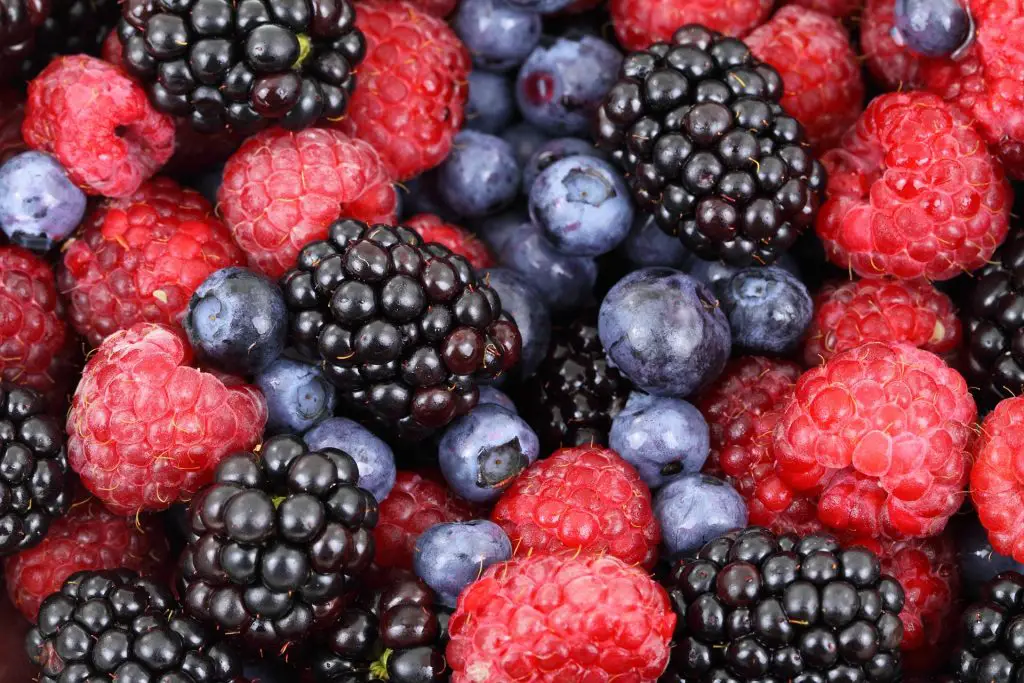
NUTRITION GUIDELINES
Nutrition is a huge topic – both in interest and in scope. We are going to devote much of January 2015 to nutrition since losing weight is the number one New Year’s resolution made each year. But, what follows are general guidelines for those who want a headstart before the Holidays are upon us. This is what we recommend to our patients. But, everybody is different and these guidelines can be modified if necessary. There will also be times when following these guidelines can be challenging (vacation and travel).
In our experience, 70% to 80% of patients will respond to these simple nutrition guidelines – meaning they will lose body fat, see an improvement in metabolic markers (cholesterol and blood sugar), and most importantly, feel more energetic. And, isn’t that what healthy aging is all about – aging energetically? We believe so. We believe aging energetically is the ultimate expression of healthy aging.
We strongly encourage you to follow these nutrition guidelines 6 days a week. The 7th day – whatever day you prefer – is a “cheat day”. Eat whatever you like, but do not binge. Also, do not cheat a little bit every day – a meal here or snack there each day. You will sabotage your results. A major part of these guidelines is directed towards keeping insulin levels as low as possible. Insulin is the main fattening hormone. It is also very pro-inflammatory. And, inflammation is at the root of most chronic diseases.
If you lower your insulin levels you will lose weight. If you don’t, you won’t. It’s pretty simple in concept, but not so easy in practice given our current lifestyles. That is your challenge. And, that’s your challenge for 2015 – to eat better by following these daily nutrition guidelines.
These guidelines emphasize:
- Eating every 3-4 hours
- Eating natural foods
- Making water your beverage of choice
EAT EVERY 3 TO 4 HOURS
- More frequent meals are associated with lower risk of obesity and healthier blood panels (cholesterol, blood sugar, HgA1C) by keeping insulins low and steady.
- More frequent meals are associated with higher energy and reduced hunger.
- Eat breakfast, lunch, and dinner balancing each meal with low glycemic carbohydrates, lean proteins, and healthy fats.
- Eat two snacks a day (between your major meals) either eating a fat or protein source alone. Or pair a carbohydrate along with a source of lean protein or healthy fat. In other words, do not eat a carbohydrate alone.
- For each meal and snack choose foods from below.
- Low Glycemic Fruits and Vegetables: apples, dried apricots, asparagus, berries, broccoli, cauliflower, cucumbers, green beans, lettuce, onions, peas, spinach, squash, tomatoes, zucchini, etc.
- Lean Proteins: chicken, eggs, fish, non-fat cottage cheese, protein shakes, turkey.
- Healthy Fats: avocado, olive oil, seeds, unsalted nuts.
CHOOSE NATURAL FOODS
Optimal or natural foods include those that grow from the ground, fall from the trees, run, fly, or swim. There are no Twinkie trees, Frito flowers, or Pringles plants. Avoid packaged food as much as possible. They are high in sugar and sugar aliases. When packaged foods are consumed choose those that are minimally processed.
MAKE WATER YOUR BEVERAGE OF CHOICE
Drink ½ your body weight (pounds) in ounces. If you weigh 160 pounds then consume 80 ounces of water daily. Drink additional water if you have consumed alcohol or caffeine, and following exercising or being in the heat. About 65% of the body is water. So you may as well drink it often.
Other beverage recommendations include:
- No more than 2-3 cups of coffee in the morning only.
- Maximum of 1-2 glasses of red wine per day with a low glycemic meal.
- Protein shakes, sparkling water, herbal teas, and low-sodium vegetable juice are acceptable too.
Having said all of this, there is growing evidence that short term fasting can be beneficial and healthy, and we occasionally recommend patients try a short term fast who do not respond or meet their goals with these nutrition guidelines. But, start with these nutritional guidelines first and get a headstart on that New Year’s Resolution.
